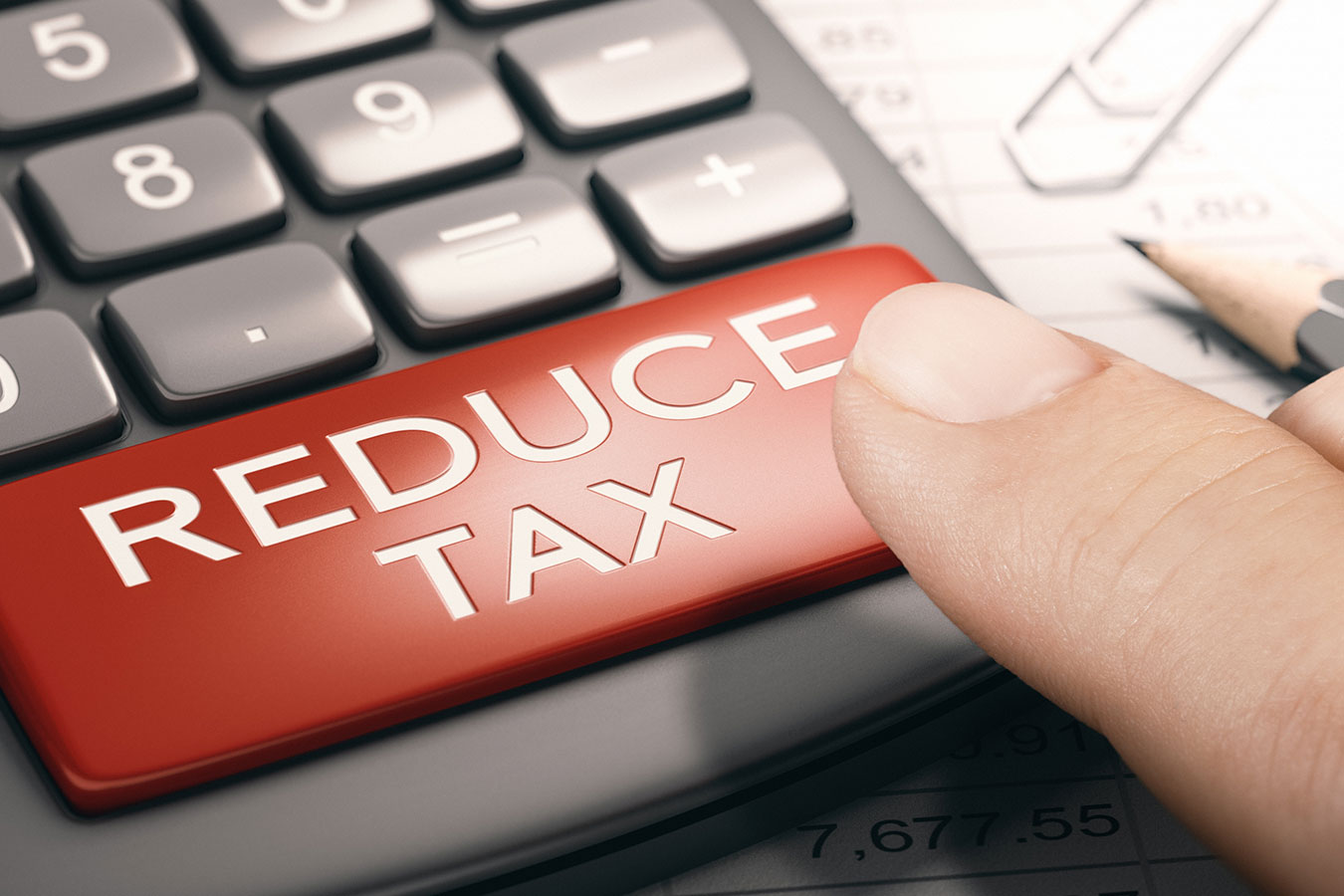By Gulzar Ahmed, Client Advisor & Chicago Office Director
If you haven’t started already, it’s time to get serious about planning for your 2024 taxes. I know it’s hard to get excited about next year’s taxes when you’ve just filed taxes for 2023, but the work you do now will put you in the best position to lower your next tax bill.
Here’s a checklist of items to consider.
1. Max Out Retirement Contributions
Whether you have a 401K, a Simple IRA, or an employer-sponsored plan, talk to your advisor to make sure you’re taking full advantage of funding your retirement accounts and receiving all the deductions you’re entitled to. If the max allowable contribution has increased, so should your payment into the fund. You can also talk with your advisor about whether there are add-ons you should consider, such as a safe harbor 3% match or elective profit sharing.
If you don’t have a retirement fund, make this the year you start one. Even if you’re not in a position to contribute much, forming the habit of adding money each month can make a huge difference in your long-term success. In the short term, it can take a bite out of your 2024 taxes.
Remember, every dollar you put into a tax-deferred retirement account won’t be taxed this year, and by investing more and starting earlier, you give yourself a longer runway for retirement funds to grow. Planning now also prevents you from having to play catch-up in December.
2. Set Up a Bonus Plan for Your Team
Implementing an employee bonus program offers a dual benefit. It’s a great way to reward and incentivize employees, and when employees earn their bonus, you get a tax write off. It’s a win-win strategy that keeps your team motivated while also lowering your tax obligation.
3. Accelerate Expenses
Big ticket expenses can take a big bite out of your tax bill, so if there are investments you’ve been considering, now’s the time to act. Thinking about adding procedures that would require major expenditures on equipment? Starting the process now increases the chances you’ll be able to deduct the costs from your 2024 tax bill.
4. Buy an Electric Vehicle
Electric vehicles (EV) are a hot item right now because of the potential tax rebates. You have the option of qualifying for the EV consumer tax credit that maxes out at $7,500, or, if you own your practice, you can pursue a commercial tax credit by leasing a vehicle. Either way, purchasing an EV can put a big dent in your 2024 taxes.
5. Depreciation in Real Estate
For dentists who own commercial property, cost segregation allows you to accelerate depreciation from 39 years to as few as 5 years on those retail or rental properties. When you commission a cost segregation study, the property is separated into components such as furniture, carpeting, landscaping, and sidewalks, each with its own depreciation rate. Getting a cost segregation study isn’t difficult to do and the tax benefits can be significant.
6. Maximize HSA Contributions
Healthcare is expensive, but at least you can pay for it with pre-tax money. When funding your Health Savings Account (HSA), contributions up to the maximum allowed per year can be taken as a deduction against gross income on your individual income tax return. HSA funds can then be used for co-pays and deductibles. Check with your advisor to be sure you’re funding your HSA to the max.
7. Family Business
Consider employing your spouse and children in your business. In addition to helping the practice, the income earned by family members can sometimes be taxed at lower rates. An employed spouse can also contribute to social security and/or retirement savings plan.
By getting started on your 2024 tax plan now, you have a better chance of lowering your overall tax liability. An added benefit is that you can avoid a stressful cash-flow crunch at the end of the year by trying to qualify for all your deductions at once.
If you have questions about how to lower your taxes, Contact us at Engage Advisors. We’ll make sure your tax plans are up to date and that you’re taking all the deductions you’re entitled to.

